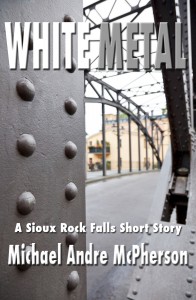Agents as Publishers
If a publisher came to me and asked to represent my novel, promising to shop it around to other publishers, I’d be stunned. If the publisher went on to say that if they couldn’t sell it to another publisher, they’d put it up as an e-book on Amazon, collect the 70% royalty and give me half, I’d say that a serious conflict of interest existed.
Confused yet? Meet to the 21st century literary agent. More agents everyday are crossing the boundary between agent and publisher, and authors should be very aware.
Right now some agents are getting the e-rights to their clients’ out-of-print books and e-publishing those novels. At a conference I even heard one older author express delight at getting a 50% royalty on net sales from his agent/publisher. I didn’t have the heart to put my hand up and tell him he could e-publish it himself and get a 70% royalty.
Dean Wesley Smith has already written what many of us are thinking: how long before agents move on from the out-of-print novels and start putting up new work from their clients? Will they even shop a client’s novel around to see if a traditional publisher would pay big bucks? That’s a lot of work when the agent can just cash in on the client’s name right away by e-publishing his/her work.
It’s the Wild West in the e-pub world right now. Authors need to be very careful about what contracts they sign with their agents, and especially what rights they sell to the agents.
See where this is going? How long before authors need an agent to negotiate a contract with their agent/e-publisher?
If I were an established author with a back list, I’d cut the agent out right now.



